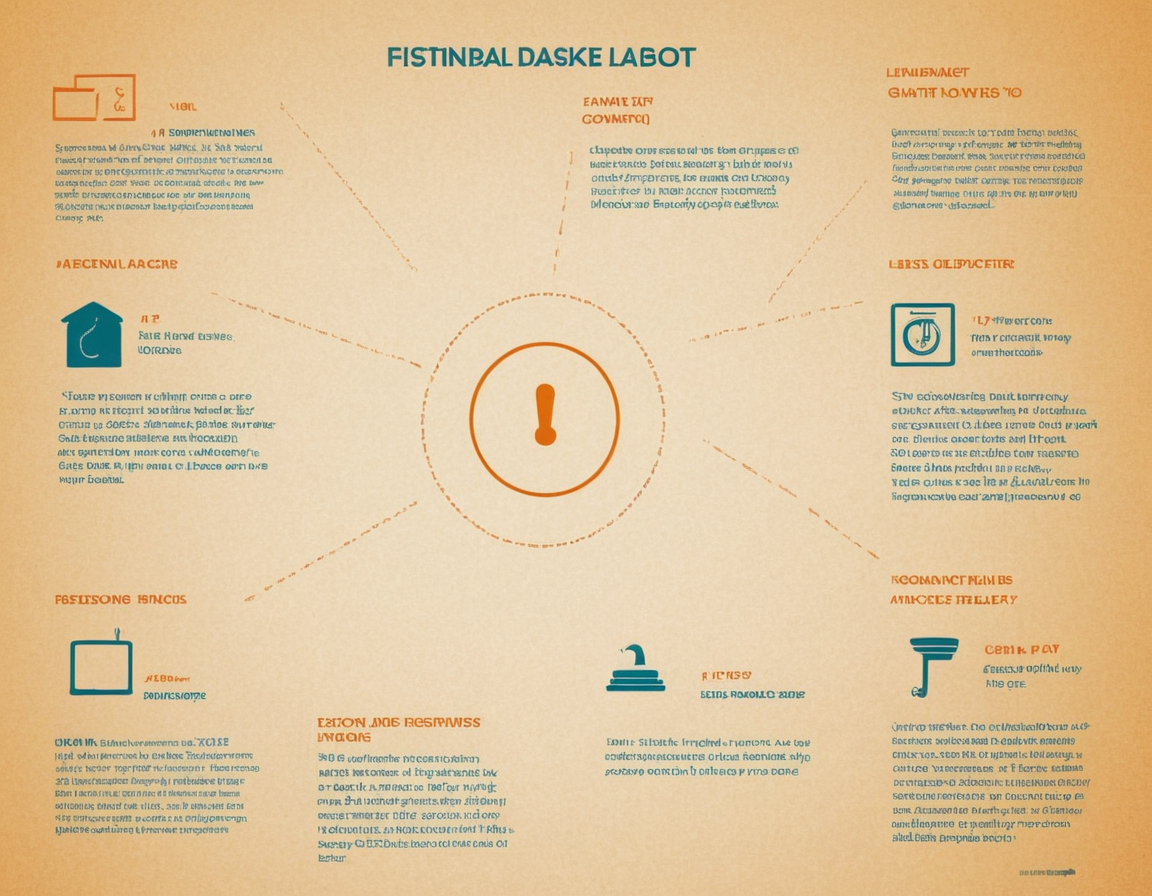Understanding Europe’s DMA Rules for Big Tech: An Overview
Cracking Open Big Tech’s Market Power with the Digital Markets Act
Introduction:
The Digital Markets Act (DMA), a landmark EU reform, comes into force today, introducing new rules for major tech firms, including Apple, Google, Amazon, Microsoft, Meta, and ByteDance. This regulation aims to make digital markets fairer and more contestable by imposing specific obligations and restrictions on these “internet gatekeepers.”
Rules of Engagement:
Key provisions include prohibiting self-preferencing, restricting data collection and usage, mandating interoperability, and requiring data portability. Platforms must also provide equal treatment to all business users and enable multihoming – allowing users to easily switch services and reduce reliance on dominant platforms.
Impacts and Future Implications:
These changes represent a shift towards fostering competition and reducing the influence of large tech firms in various sectors, such as social networking, intermediation services, ads delivery systems, browsers, operating systems, N-IICS, search engines, and video sharing platforms. The DMA’s ambitious goals come with substantial consequences, including potential fines of up to 10% of global annual turnover for non-compliance.
Designation Criteria:
To be considered a gateway, a platform must cater to business users seeking to reach end users, significantly impact the EU’s internal market, and generate annual revenues exceeding €7.5 billion or possess a market capitalization greater than €75 billion. Additionally, the platform must provide the same core platform services (CPS) in at least three EU member states and boast at least 45 million monthly active users and 10,000 business users.
Enforcement and Challenges:
Oversight and enforcement responsibilities lie with the European Commission, although private enforcement through litigation is also permitted. Critics argue that the DMA primarily targets US tech giants, but the EU counters that addressing digital market power necessitates focusing on the largest players regardless of origin.
Conclusion:
As the DMA enters into force, it represents a significant step forward in regulating big tech’s market power within the EU. Its ultimate effectiveness remains uncertain, but the EU is determined to promote fairer and more contestable digital markets. Stay tuned for updates on how these changes unfold and impact the tech landscape.













